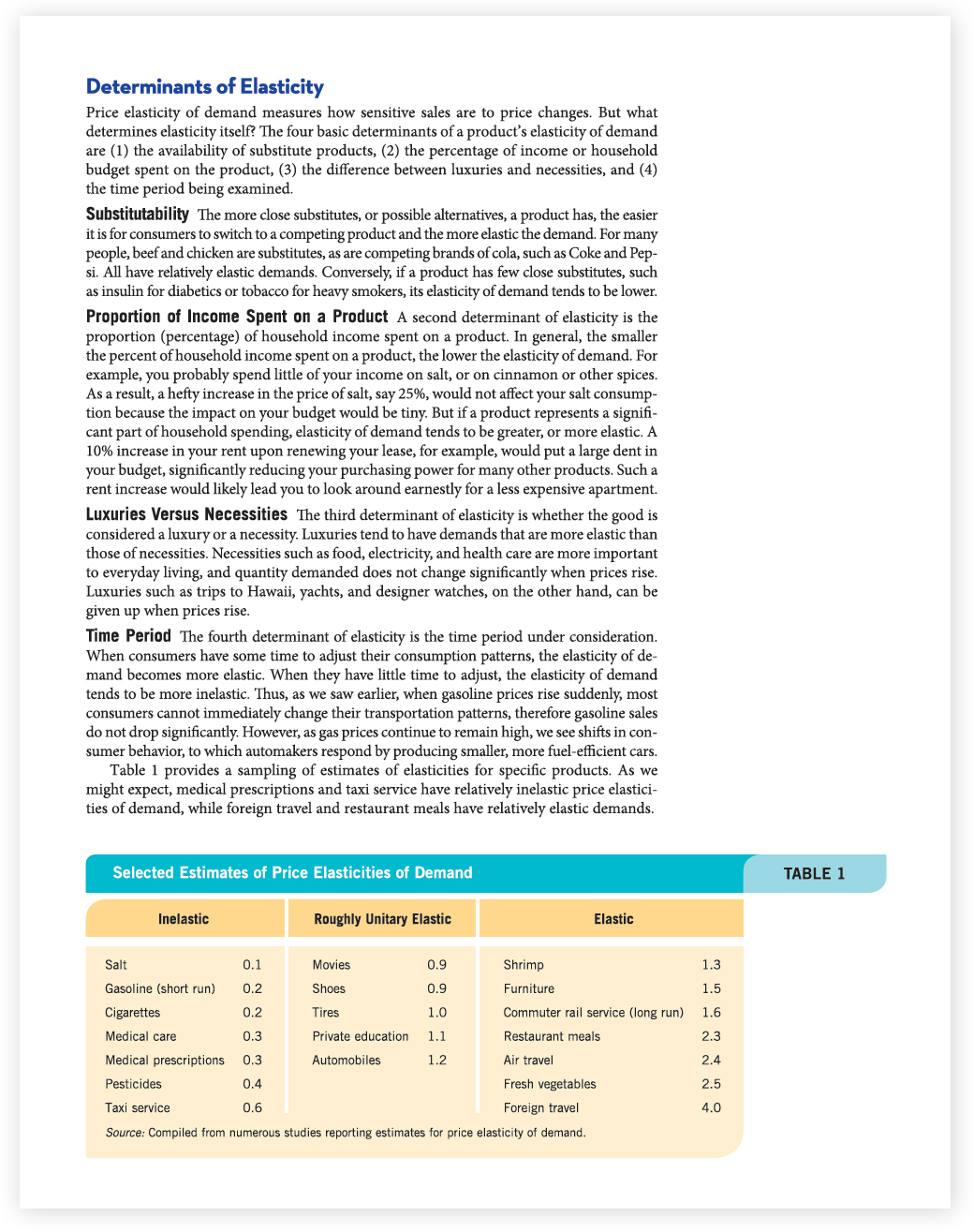Social Sciences and Humanities Texts
Many of the suggestions that apply to science textbooks also apply to reading in the social sciences (academic disciplines that examine human aspects of the world, such as sociology, psychology, anthropology, economics, political science, and history). Social science textbooks are filled with special terms that are specific to a particular field of study. (See Figure 6.6.) These texts also describe research and theory building and contain references to many primary sources. Your social science texts might also describe differences in opinions or perspectives. Social scientists do not all agree on any one issue, and you might be introduced to a number of ongoing debates about particular topics. In fact, your reading can become more interesting if you seek out differing opinions on an issue. You might have to go beyond your course textbook, but your library is a good source of various viewpoints about ongoing controversies.

FIGURE 6.6  Social Science Textbook Page
Social Science Textbook Page
Strategies for reading and note taking should change depending on what kind of textbook you are reading. When reading a social science textbook, such as the economics book shown here, you can see how a section is broken into subsections. Headings help guide you through the content. A table is included with examples that illustrate what is being discussed and help you understand the material. Source: From Core Economics, 3rd ed., by Eric Chiang. Copyright © 2014 by Eric Chiang. Used by permission of Worth Publishers.
Source: From Core Economics, 3rd ed., by Eric Chiang. Copyright © 2014 by Eric Chiang. Used by permission of Worth Publishers.
Textbooks in the humanities (branches of knowledge that investigate human beings, their culture, and their self-expression, such as philosophy, religion, literature, music, and art) provide facts, examples, opinions, and original material such as stories or essays. You will often be asked to react to your reading by identifying central themes or characters.
Make Good Choices
Buy Your Course Materials
Textbooks are expensive, and it may be tempting to think that you can borrow one from another student, find the text in the library, or even do well in the course without having access to the textbook. No one will force you to purchase your textbooks—it’s really up to you. To succeed in college, however, it’s critically important that you choose to buy them and do all the assigned reading. Read the Tech Tip in this chapter for information on the benefits of e-books and for help in evaluating whether these are a good option for you.